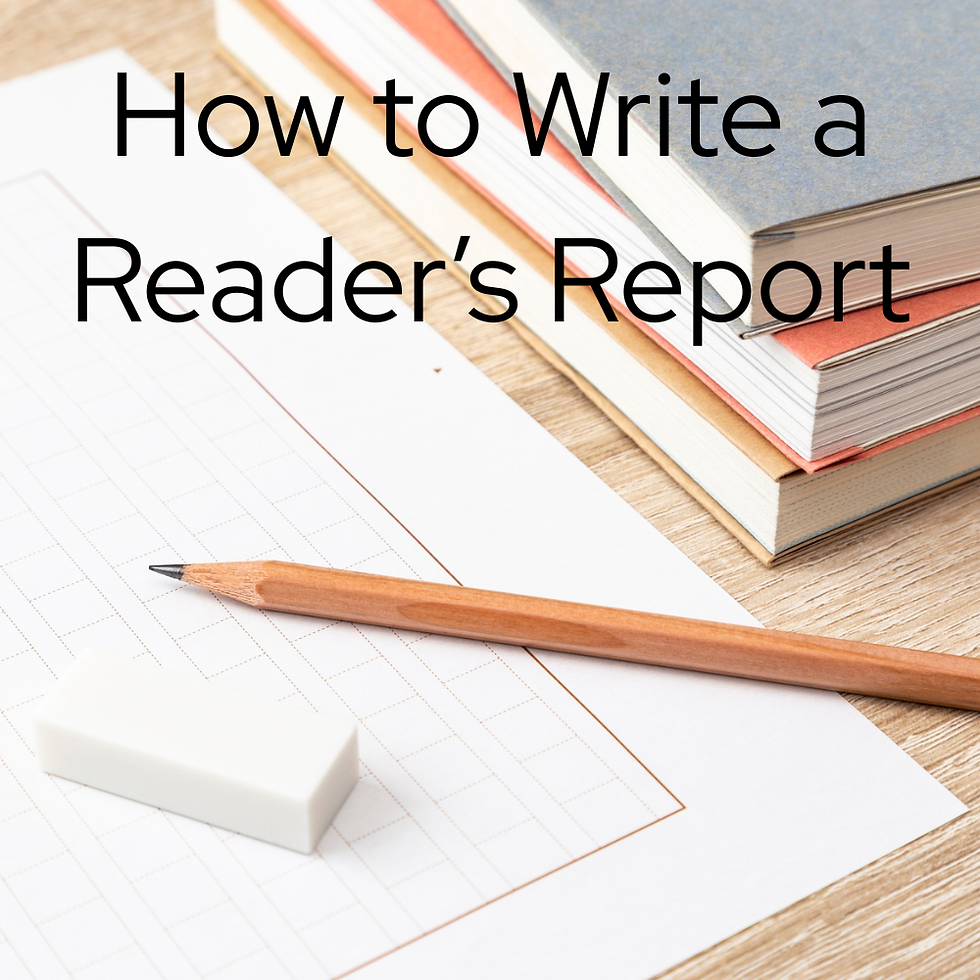Literary Theory: Restrictive or Fundamental?
- Cristina Dermody
- Jul 17, 2017
- 3 min read
Updated: Aug 30, 2022
Literary Theory and Criticism remains an important part of the industry. While it may seem inaccessible outside academia, I think it has an important role to play in the work of each writer. When I first began looking into literary criticism and related theories, they struck me as too complicated and a bit inflated too be honest, but the more I read into them the more fascinated I became in both the study of literature itself and the theories. My aim here is to encourage discussion and hopefully some individual research into this topic and how it could help or hinder anyone as a writer. So, for this post I’m going to start with Edgar Allan Poe and his Philosophy of Composition.
The Philosophy of Composition disputes the idea that literature is a product of artistic insight, Instead, Poe argues that a work of fiction is created using methodical and logical approaches--all meticulously constructed by the author. Poe not only dismisses this ideology of artistic creation, he also suggests his own method which articulates “how good writers write”. There are three central elements to this: Length, Method, and Unity of Effect.
Poe favours short stories and poems over novels. He explains that if the work can not be read in one sitting then it is not worth reading. While this may seem a bit severe in terms of literature as a whole, it does make sense in the context of his ideology. In my experience and I’m sure you have experienced the same, a short story is more difficult to write. The content in a short story needs to be carefully chosen as there is less scope to develop a narrative, plot, or character. Therefore, a short story will more than likely be concise and decisive.
When Poe refers to method, he talks about the choice of impression; most importantly, how to write this impression. The content of the work must be methodically and analytically constructed around the core concept. It is a labour of love; a writer must not expect to be able to write well on the basis of inspiration or artistic flare but to be able to logically construct a narrative based on the writer's own convictions.
Poe’s Unity of Effect is, in my opinion, the most interesting aspect of this theory. The idea that a writer must begin any work of fiction with the conclusion in mind and work the story around this conclusion is a fascinating approach both in theory and in practice. Poe is adamant that every work stems from one single context: this being the desired impact or emotional effect the work has on a reader. In order to achieve this effect, Poe believes that every aspect of the composition is informed by the denouement that is the end result of the work.
How does this inform your writing? Do you think it puts too many restrictions or does it create an important understanding from which writers can build or, at the very least, consider in their writing?
The essay in its entirety is difficult to grasp in practice as it is very precise but there are elements such as denouement and impression which are easier to interpret and consider in practice. It would be intriguing to see how this method works in practice; writing backwards allows an idea to grow and develop in a more authentic way and makes it easier to create a strong narrative focused on the desired impact of the piece. I would urge all of you to look further into The Philosophy of Composition. Attempt to write a story either rigidly following Poe's instructions or taking elements such as Unity of Effect and see how it changes the way you write. Does it make it easier? Is the result better writing?
For me, it is important to explore these theories and consider them in my writing even if it is only to challenge myself rather than applying them. I encourage discussion on this, I am eager to see how other writers feel about this and or other similar theories. You can find more information about the Philosophy of Composition and Poe's theory here.
Do you read literary criticism and theory as part of your research? Does it inform your writing and/or understanding or does it complicate the craft? Share your thoughts below!
About the author: My name is Cristina Dermody, I am an English Literature and Film graduate from Dublin. I am particularly interested in historical fiction, gothic literature and post-war modernism.
.png)



Comments